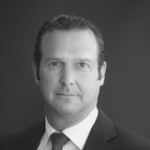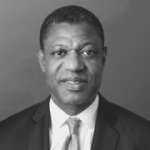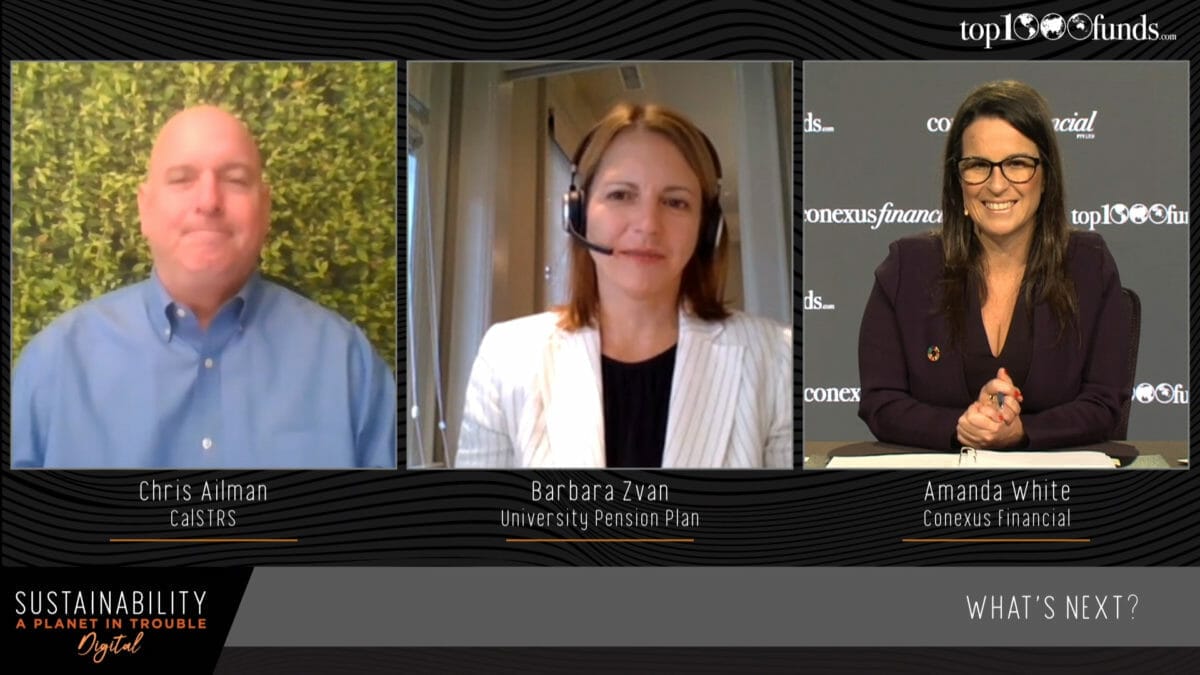Impact investing is the next iteration of sustainability but it faces some challenges including the basic notion of how to measure impact alongside risk and return. This session will hear from investors on their approaches and the applicability and power of impact investing across both public and private assets.

Laurent Ramsey
Managing partner and chief executive, Pictet Asset Management (Switzerland)
Laurent Ramsey has been a Managing Partner of the Pictet Group
since 1 January 2016. He has co-headed Pictet Asset Management with
Sébastien Eisinger since 1 April 2019, having been solely responsible
for the Group’s institutional arm between 2016 and 2019.
He joined Pictet in 1993 and has held various senior management
positions at Pictet Asset Management in Geneva, Hong Kong,
Singapore and London.
Laurent holds a Master’s in International Management from HEC
Lausanne School of Business and Economics and a degree in Business
Administration.
Laurent also serves as Vice-President of the Geneva Financial Centre and is a Board member of the Swiss Asset Managers Association.
Roy Swan leads the foundation’s mission investments team, managing Ford’s portfolio of mission-related investments (MRIs) and program-related investments (PRIs), and working to expand and strengthen the impact investing field.
Before joining Ford, Swan served as managing director and co-head of global sustainable finance at Morgan Stanley. During his time at Morgan Stanley, Global Sustainable Finance committed over $13 billion in community development transactions. Among his prior experiences, he was the founding chief investment officer of New York City’s Upper Manhattan Empowerment Zone (UMEZ), a federal initiative to bring new resources to distressed urban communities which played a key role in Harlem’s economic rebirth. He also served as CFO at Carver Bancorp, a Harlem-based publicly traded financial institution and the nation’s largest African American managed bank. Over the course of his career, Swan has worked in corporate law at Skadden Arps, investment banking at The First Boston Corporation, Salomon Brothers, and JPMorgan, and finance at Time Warner.
Swan serves on several non-profit boards, including the Dalton School, Enterprise Community Partners, Low Income Investment Fund, and the Partnership for After School Education. He also serves on the advisory boards of several private equity funds. he received a bachelor’s degree from Princeton University and a JD from Stanford Law School, where he was an editor of the Stanford Law Review.
Tate has been an investment industry media publisher and conference producer since 1996. In his media career, Tate has launched and overseen dozens of print and
electronic publications. He is the chief executive and major shareholder of Conexus Financial, which was formed in 2005, and is headquartered in Sydney, Australia.
The company stages more than 20 conferences and events each year –
in cities which have included London, New York, San Francisco, Los Angeles, Amsterdam, Beijing, Sydney and Melbourne – and publishes three media brands,
including the global website and strategy newsletter for global
institutional investors conexust1f.flywheelstaging.com. One of the company’s signature events is the bi-annual Fiduciary Investors Symposium. Conexus Financial’s
events aim to place the responsibilities of investors in wider societal, and political contexts, as well as promote the long-term stability of markets and sustainable
retirement incomes. Tate served for seven years on the board of Australia’s most high profile homeless charity, The Wayside Chapel; and he has underwritten the
welfare of 60,000 people in 28 villages throughout Uganda via The Hunger Project.
Key takeaways
Laurent
- Clients want to have a purpose when allocating their money.
- Going forward sustainability preferences will become a key component of financial advice at the very outset when clients are setting their upfront investment objectives.
- Active engagement with investee companies will help drive positive change both financially and environmentally. When you engage you have a much better sense of impact measurability.
- We talk a lot about climate change but sustainability goes far beyond that. Biodiversity should not be neglected.
- There is no downside in incorporating non-financial factors into investment decision-making.
- Sustainability and long-termism are part of Pictet’s DNA – The average tenure of partners at Pictet is around 20 years and these partners act as custodians of the business for future leaders.
Roy
- History has shown that not everyone is able to consistently achieve alpha. Areas such as affordable housing provide a positive financial and social opportunity.
- The Ford Foundation is based on two simple thoughts – 1) Better is good and 2) Don’t let perfect be the enemy of the good. In other words, impact measurement can be simple and high-level. Complex impact measurement should not get in the way of tackling major issues that are looming large.
- The Ford Foundation aims to put capital into the hands of those who have been historically disadvantaged.





